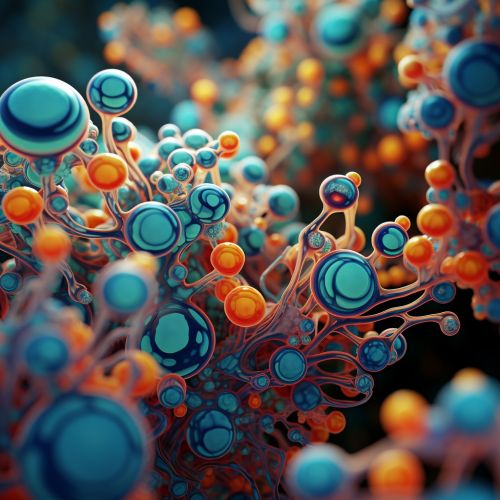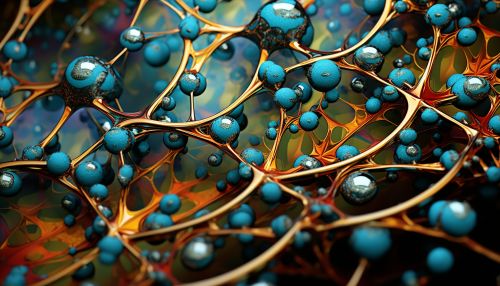Hormone
Introduction
Hormones are biochemical substances produced by the body's endocrine system to regulate specific functions in various organs. They are secreted by endocrine glands and travel through the bloodstream to reach their target organs. Hormones play a crucial role in various physiological processes, including growth and development, metabolism, sexual function, and mood regulation.
Classification of Hormones
Hormones can be classified into three main types based on their chemical structure: peptide hormones, steroid hormones, and amine hormones.
Peptide Hormones


Peptide hormones are composed of amino acids and include hormones such as insulin, glucagon, and growth hormone. They are water-soluble and are usually unable to cross the cell membrane, so they bind to receptors on the cell surface to exert their effects.
Steroid Hormones
Steroid hormones are derived from cholesterol and include hormones like cortisol, estrogen, and testosterone. Unlike peptide hormones, steroid hormones are lipid-soluble and can cross the cell membrane to bind to receptors inside the cell.
Amine Hormones
Amine hormones are derived from the amino acid tyrosine and include hormones like thyroid hormones and catecholamines. They can be either water-soluble or lipid-soluble, depending on their structure.
Hormone Synthesis and Secretion
Hormone synthesis and secretion are tightly regulated processes that ensure the body maintains homeostasis. The process begins with the synthesis of the hormone in the endocrine gland. Once synthesized, the hormone is stored in the gland until a signal triggers its release into the bloodstream.
Hormone Action
Hormones exert their effects by binding to specific receptors on their target cells. The hormone-receptor interaction triggers a series of biochemical reactions within the cell, leading to a specific physiological response. The nature of this response depends on the type of hormone and the target cell.
Regulation of Hormone Levels
The levels of hormones in the body are regulated by a complex system of feedback mechanisms. These mechanisms ensure that hormone levels remain within a narrow range, maintaining the body's homeostasis.
Disorders of the Endocrine System
Disorders of the endocrine system can result from the overproduction or underproduction of hormones, or from the inability of target cells to respond to hormones. These disorders can have wide-ranging effects on the body's physiology and can lead to conditions such as diabetes, thyroid disorders, and Cushing's syndrome.
